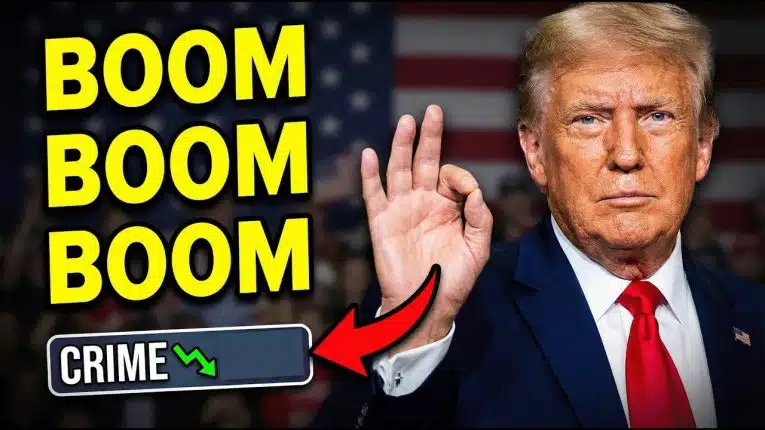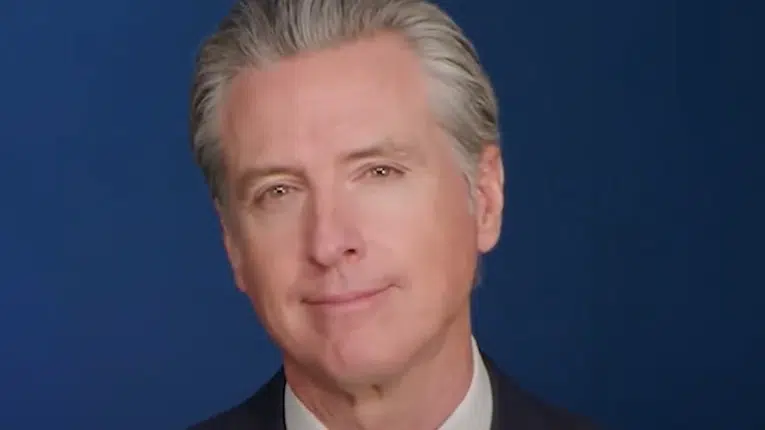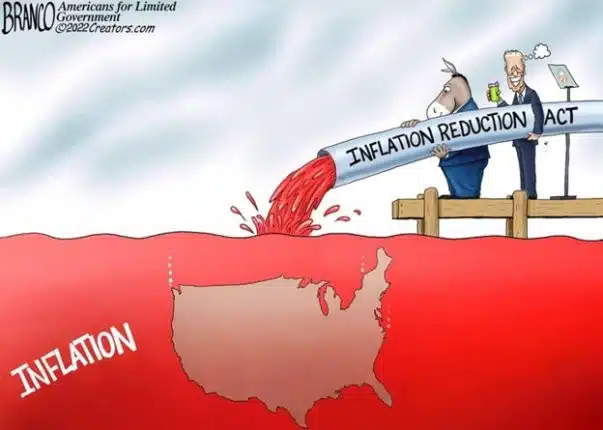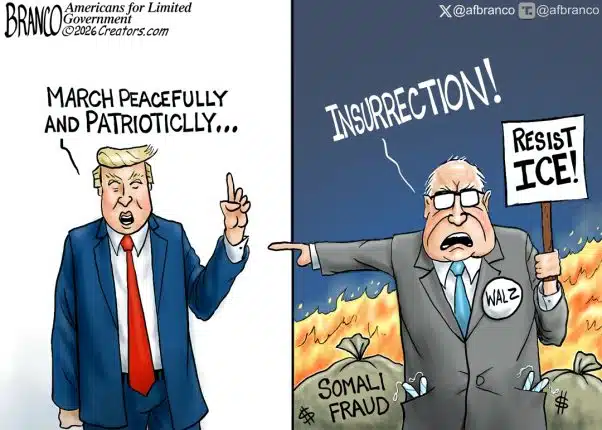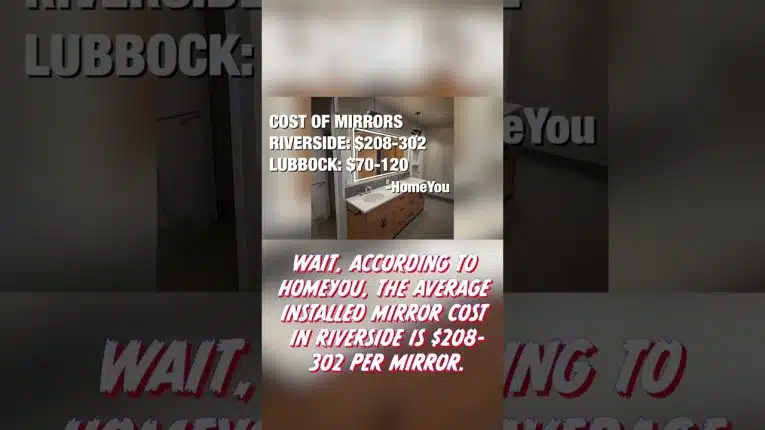By Adam Bitely – Atlas Shrugged Part 1 opened in 300 theaters this past Friday. Fortunately, I had the chance to see it twice over the weekend—and I’m glad I did!
The movie opens with clips from futuristic newscasts in the year 2016. The clips show an America that is eerily similar to today. The stock market is tumbling, oil shipments from far away lands are disrupted, and the economy and unemployment are out of control.
The characters from the book are brought to life in the movie in a way that I couldn’t have imagined. You are introduced to Dagny Taggart, the protagonist of the movie. She is trying to save her family’s railroad company from disaster as she handles the fallout from a train derailment on her company’s most important rail line. Dagny is confronted with politicians and government-sponsored institutions that try to stymie her every move to bring the company back to life.
The villain in the movie, Wesley Mouch, couldn’t have been more spot-on. Through Mouch, you are reminded of the modern day Nancy Pelosi, Harry Reid, Barack Obama triumvirate that seeks to use the power of Big Government to regulate society towards their version of America that is cured of all of societal imbalances. Mouch is a greedy, power-hungry lobbyist that uses every disaster in America to create a new regulation. Watching Mouch react to the disasters that unfold in the plot is like listening to Rahm Emanuel announce that you never let a disaster go to waste.
As the plot unfolds, you find Dagny Taggart teaming up with Hank Rearden to repair the damaged rail track in Colorado. Along the way, Dagny and Rearden, a wise businessman/inventor who knows that something is wrong with the world but doesn’t have the answers, join forces with Ellis Wyatt, an entrepreneur who hates government regulations. The team is constantly confronted with the question of “Who is John Galt?” If you have not read the book and do not know the answer to that question, you will begin to discover it in part 1 of this trilogy.
Throughout the film you are inundated with laws and regulations that are passed at the hands of Mouch that further establish the overbearing government that Ayn Rand wrote of in her classic book. From legislation like the “Equalization of Opportunity Act” to the “Anti-dog eat dog rule,” you see a society that is overrun with government regulators and how they are worse off because of it.
At some points in the film, the dialogue does get sloppy. At one point, Dagny Taggart and Hank Reardon get too windy when discussing heading to a town hall to obtain records. It almost felt as if you were watching a clip from CSI where the detectives use too much dialogue to discuss their next move. At another point, the film crew decided to focus whole minutes on the countryside of Colorado, distracting the viewer with scenery of the mountainous West while nothing is developing in the plot. These elongated scenes did nothing to further establish the plot and serve as a distraction midway through the film.
Another scene that is poorly done is when Dagny confronts a union boss who threatens to withhold workers from working on her new rail line. Instead of a dramatic encounter with the labor boss, Dagny simply shrugs off the union spokesman and moves on with her business, which highlights the problems that the writers of this film had when it came to developing intriguing dialogue. Aside from the poor dialogue and much-too-long and overly dramatic views of country scenery, the remainder of the film does not disappoint.
While the movie was produced on a shoestring budget, this production is a must-see. The actors, which were mainly television actors, and the cinematography, were top notch. To find the movie in your area, simply click here. I cannot encourage you enough to make sure that you see this film this weekend. And I cannot wait for parts 2 and 3 of this epic trilogy.
Adam Bitely is the Editor-in-Chief of NetRightDaily.com. You can follow Adam on Twitter at @AdamBitely.



